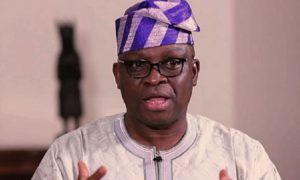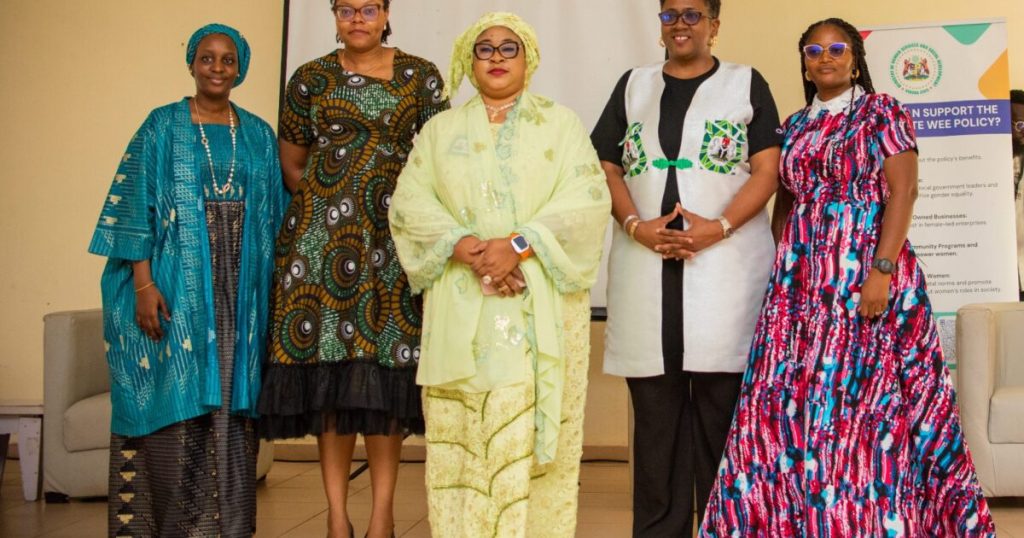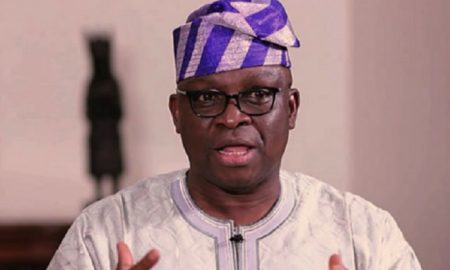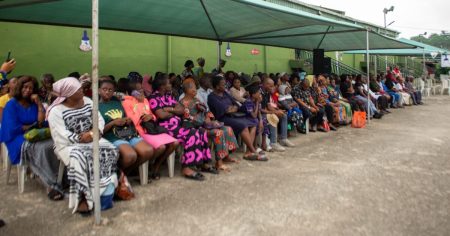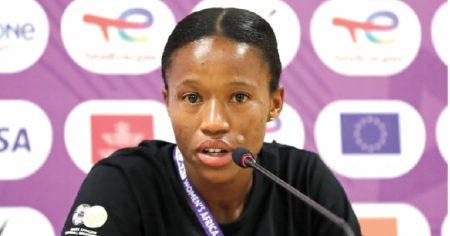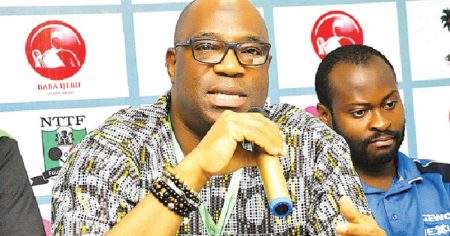The Kaduna State Government, in its continuous pursuit of women’s economic empowerment, recently convened a sensitization workshop focused on the implementation of its Women’s Economic Empowerment (WEE) Policy and Action Plan. This initiative, launched in November 2024 by Governor Uba Sani, seeks to dismantle the obstacles that hinder women’s economic participation, broaden their access to vital resources, and stimulate inclusive development throughout the state. The workshop, organized by the Ministry of Human Services and Social Development with support from Dev-Afrique Development Advisors, brought together a diverse array of stakeholders from all 23 local government areas. Participants included representatives from various ministries, private sector organizations, civil society groups, and influential women leaders, all converging to strategize on the effective execution of the WEE policy. This collaborative effort underscores the government’s commitment to fostering a more equitable economic landscape for women in Kaduna State.
A central highlight of the workshop was the emphasis on the N5 billion grant allocated by the state government to support women entrepreneurs operating within cooperatives or business clusters. Hajiya Rabi Ibrahim, the Commissioner for Human Services, urged greater participation from women entrepreneurs, encouraging them to register for access to these funds. The Ministry’s objective is to disburse grants to 10,000 registered women’s cooperatives or clusters. However, with only 2,000 registrations recorded so far, the Ministry intensified its campaign to attract more women and entrepreneurs to register, emphasizing the crucial role of these funds in empowering women-led businesses and driving economic growth. This financial support is a cornerstone of the WEE policy, designed to provide women with the capital necessary to launch, expand, or strengthen their businesses, contributing to their financial independence and overall economic prosperity.
The WEE policy, funded by the Gates Foundation through the WEE Catalyst Fund, enjoys local coordination by Dev-Afrique in partnership with the Albright Stonebridge Group. To further enhance the policy’s impact, a dedicated panel session featuring officials from the Ministries of Agriculture, Business Innovation and Technology, and Gender Affairs was held. These officials discussed sector-specific strategies for promoting inclusivity, paying particular attention to the needs of rural and marginalized women, who often face disproportionate challenges in accessing economic opportunities. Participants also advocated for broader sensitization efforts targeting traditional and religious leaders, recognizing their influential roles in shaping community perceptions and practices. Furthermore, they stressed the importance of inclusivity for women with disabilities in future policy initiatives, ensuring that the benefits of economic empowerment reach all segments of the female population.
The Kaduna State Media Corporation (KSMC) highlighted its role in promoting women’s empowerment by creating broadcast platforms dedicated to women-centered content. However, the KSMC noted suboptimal participation from stakeholders and appealed for enhanced collaboration with government agencies and civil society organizations. This collaborative approach is deemed crucial to maximizing the reach and impact of these platforms in disseminating information, sharing success stories, and fostering a supportive environment for women’s economic advancement. Keystone Bank representatives also expressed their commitment to facilitating access to financial services by supporting women in opening bank accounts, further enabling their participation in the formal economy. In a significant gesture of support, Hajia Ramatu Ibrahim, the Vice President (Northwest) of the Africa Women Entrepreneurship Cooperative, offered free training programs to enhance awareness and bolster business capacity among women entrepreneurs.
The workshop reiterated the importance of collaborative action and sustained engagement to effectively implement the WEE policy. Mrs. Lami Usman, Director of Gender Affairs at the Ministry of Human Services and Social Development, stressed that the policy’s success hinges on the collective commitment of all stakeholders to treat it as more than just a document. She urged participants to become active ambassadors for women’s economic empowerment throughout Kaduna State, driving its principles into tangible improvements in women’s livelihoods, business growth, and leadership representation. This call to action emphasizes the importance of translating the policy’s objectives into concrete outcomes, ensuring that it leads to real and lasting change in the lives of women across the state.
Dev-Afrique outlined the next steps in the policy’s implementation, highlighting the focus on integrating the WEE policy within various ministries and disseminating its principles through designated “policy champions” across different sectors. This strategic approach aims to embed the policy’s principles within the core functions of government agencies and ensure its consistent application across all relevant sectors. The identification and training of policy champions will create a network of advocates within each ministry, promoting ownership and driving the implementation of the WEE policy from within. This comprehensive and multi-pronged approach reflects the Kaduna State Government’s dedication to fostering a truly inclusive and empowering environment for women, enabling them to fully participate in and benefit from the state’s economic growth.


